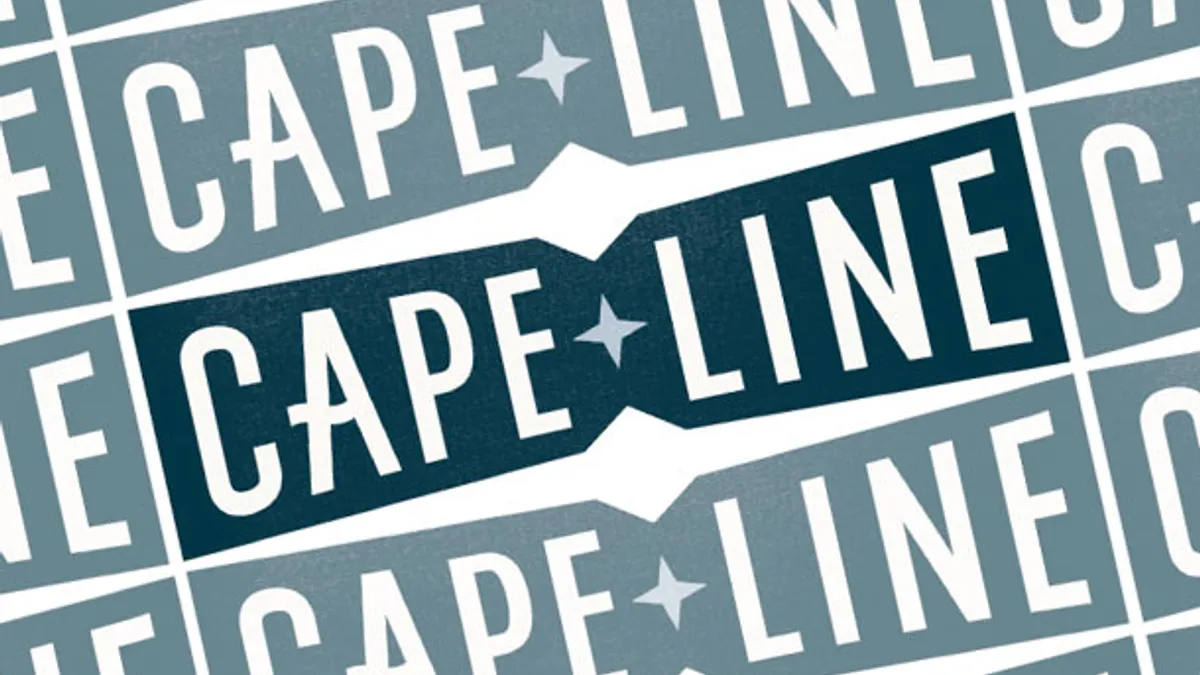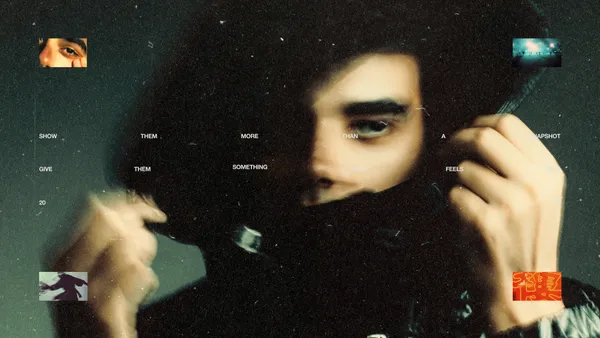Dive Brief:
- MillerCoors announced plans to release a new line of flavored low-calorie alcoholic beverages, according to FoodBev Media. The new beverage products, called Cape Line, will contain about half the sugar and calories of other top malt-based beverages.
- Cape Line will be made with six natural ingredients and is labeled as "sessionable," meaning consumers can presumably have a few without getting too intoxicated. The new product is expected to go on sale in the U.S. next spring, and MillerCoors is planning a major marketing campaign.
- "As a company, one of our top priorities is driving growth in above premium," MillerCoors vice president of marketing for innovation and national crafts Bryan Ferschinger told FoodBev. "With Cape Line, we are bringing a relevant, unique solution to consumers, one that we believe has significant runway."
Dive Insight:
MillerCoors, like other beer companies, is searching for ways to appeal to a younger consumer base that is moving toward wine and premium liquors. The new product will be a gamble since this isn't the first time this year that the brand has debuted a new line.
In February, the brand launched Two Hats, a light beer which came in lime and pineapple flavors and was marketed as "good, cheap beer." But Two Hats failed to take off. This could show that millennials care more about flavor and health than they do about price, which MillerCoors is trying to adapt to with Cape Line.
The flavored malt beverage that has fewer calories than other beverages and is made with natural ingredients could be the right move for the company in this market — especially if Cape Line is promoted sufficiently. Sales volumes for flavored malt beverages increased nearly 15% from mid-July to mid-August, according to AdAge. This suggests a preference for these drinks in the consumer market today — but millennial shoppers can be fickle so whether this is a trend that holds over time is still to be determined.
The popularity of Cape Line will depend on how MillerCoors decides to advertise the brand. To market Two Hats, the beer giant had partnered with social media-savvy media brands including College Humor, Snapchat and YouTube. But it didn't work. In announcing the end of Two Hats, MillerCoors executives Ferschinger and Kevin Doyle said the company would instead focus on improving Coors Light sales, which have floundered as consumer tastes shifted.
"We believe industry growth requires healthy brands across all segments, and we won't stop trying to be part of the solution to grow beer," Ferschinger and Doyle wrote.
MillerCoors is not the only company trying to figure out new drinks and advertising tactics. The shifting beverage preferences of millennial consumers has become a stumbling block for major beer manufacturers. This year, Budweiser lost its position as one of the top three beer brands sold in the U.S. for the first time in decades, according to estimates from Beer Marketer's Insights cited by The Washington Post. The paper said Bud Light, which was ranked as the best-selling beer in America since 2001, stole the top spot. Coors Light came in second, and Miller Lite narrowly beat out Budweiser. It's the first time the three best-selling beers in America are all light, reduced-calorie domestic lagers.
But all four beers posted declining domestic sales in 2017, according to market research firm IRI. The Washington Post reported that Miller Lite posted a volume decline of 1.6% compared to 5.9% for Budweiser in the U.S. last year. Beer consumption for drinkers aged 21 to 24 has slipped about 3% year-over-year for the past 15 years, according to Nielsen.
Meanwhile, market penetration of wine and spirits is holding steady — IWSR Research reported that global alcohol consumption's 0.01% rise last year was buoyed by increased sales of wine and cider. Millennials drink 42% of all the wine imbibed in the U.S., although they make up only a quarter of all adults over 21, according to Wine Spectator.
MillerCoors is taking a chance by killing Two Hats so quickly and immediately launching a new product into a crowded market. To succeed, it will likely need a strong marketing campaign and to be a hit among millennials. Industry leaders will be watching to see if Cape Line proves a hit or also faces an early last call.















